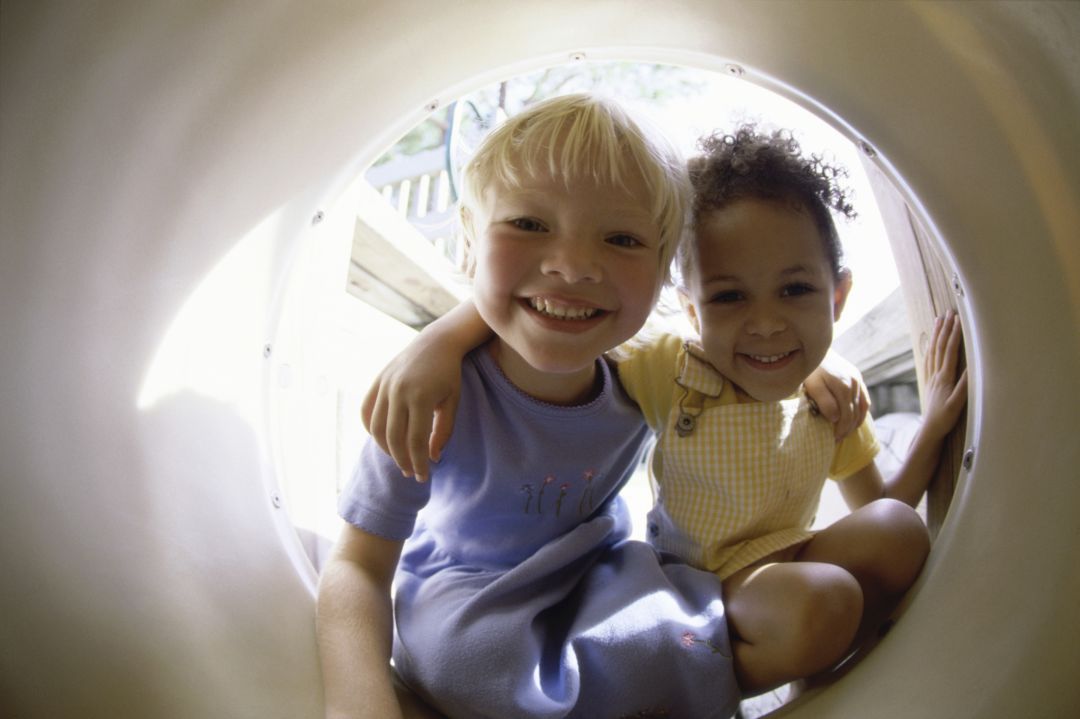Five factors that influence how easily your children make friends
What makes it easier or more difficult for you child to make friends?

1. Your personality
Are you good at connecting with people? Do you share emotions openly? Children whose parents are expressive and open in their emotions tend to be better at understanding other people's feelings. According to Professor Judy Dunn, author of Children's Friendships (Wiley Blackwell, £24.50) your genetic make-up may also influence your child's friend-making abilities.
2. Your family life
Children who grow up in homes where there's a lot of upset and anger find it hard to be good friends. 'Parents' relationships with each other give children the template for friendship,' says family studies professor, Dr Eric Lindsey. 'If all they are ever exposed to is strife, then that's how the view the world.'
3. The sibling question
Children with older siblings learn about friendship early – this can foster good play and communication skills. But it's a myth that an only child will find it harder to make friends.
4. How you handle 'unsuitable' friends
As children grow up, they experiment with different types of friends, and not all of them will be to your liking. Interfere at your peril though, says social psychologist Dr Sandra Wheatley. 'If you deny access, you'll only make the friendship even more desirable,' she points out. Instead, welcome this new friend. 'Just because you don't like the look of them doesn't mean they aren't worth your child's time, they may have hidden depths.' Anyway, it's unwise to dismiss you child's choice of friends – if they get it wrong, be there for them – picking a bad egg is part of the learning process.
5. Activities
It's obvious, but true: clubs and groups are great places to make friends. Find an activity your child enjoys, and he or she will bond with others over their shared enthusiasm. 'Active engagement in shared activities is the key to friendship-building,' says Keith Topping, educational and social research professor at the University of Dundee.









